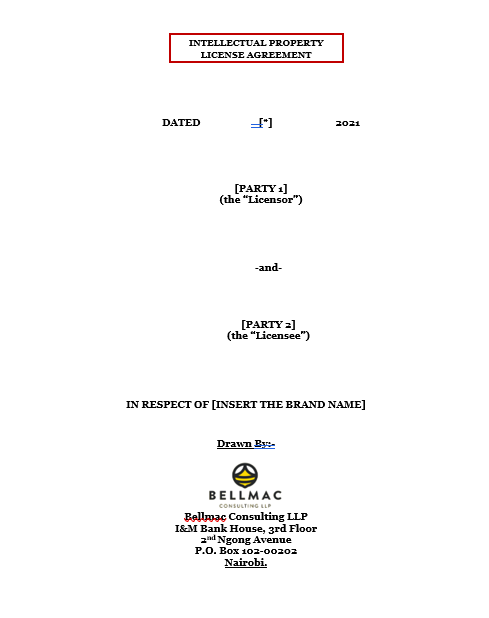The agreement may grant various types of licenses, such as exclusive, sole, or non-exclusive licenses, each with different levels of rights and exclusivity. An exclusive license allows only the licensee to use the IP rights, often even excluding the licensor. A sole license permits the licensor to continue using the IP but restricts the ability to license it further. A non-exclusive license allows the licensor to grant multiple licenses to different parties.
Key clauses in an IP License Agreement include the grant of license, which defines the IP being licensed and the extent of the rights granted; reservations and restrictions, which limit the purposes for which the IP can be used; and terms of termination, which dictate the conditions under which the agreement can be terminated and the consequent obligations.
To ensure legal compliance and protection of rights, it’s crucial for the IP License Agreement to be meticulously drafted, reflecting the specific nature of the IP and the agreement between the parties. As such, these agreements are often complex and should be created with the assistance of legal professionals experienced in IP law.


